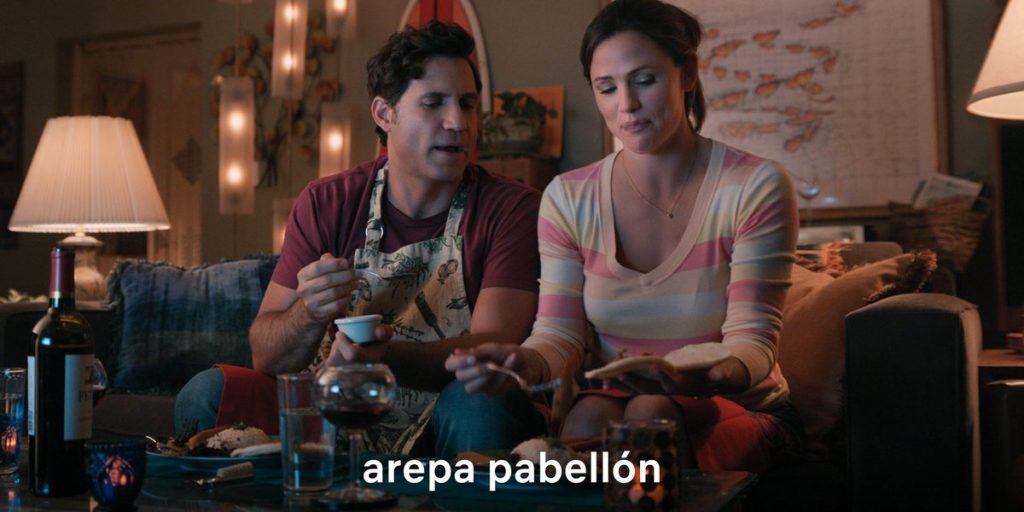The newly-released Netflix ‘Yes Day’ movie is receiving lots of praise and attention for its star studded cast and feel-good, family movie character. Another aspect of the movie has been warmly welcomed by its watchers: the father, played by Venezuelan actor Edgar Ramírez, holds on to his real life heritage in the movie, representing a mixed Latino American family—like millions in the United States—for the world to see on their television screens.
The movie, inspired by Amy Krouse Rosenthal’s book ‘Yes Day,’ follows along as two parents, played by Ramírez and Jennifer Gardner, accept the challenge of saying yes to all their kids’ requests for 24 hours. For Puerto Rican director Miguel Arteta, who was raised by a Spanish mother and a Peruvian father, making the father a Latino seemed like a bold move. “Jen was completely into this idea, and so were the producers at Netflix, which was really exciting. I’ve never had a chance to cast a mixed family like that before, and I’ve been making movies for 20 years,” he said. “There wasn’t a lot of representation when I was growing up,” he added.
According to a study by the University of Southern California’s Annenberg Inclusion Initiative, only 4.5% of main cast members in Netflix’s U.S. original films and series in 2018-19 were Latino. The Latino community, however, is the largest ethnic minority group in the United States, and also makes up a large share of streaming and movie audiences. “People want to see themselves reflected on screen, just like this current administration wants to put people in positions of power, that look like America. America is extremely diverse, and I think we lost track of that,” Arteta said.
It was Ramírez’s idea that the character he plays be from his native Venezuela in the movie. Throughout the movie, there are subtle tributes to his heritage, like his mention of “arepas” and “pabellón,” traditional Venezuelan cuisines. Arteta made it a point to highlight that, while movies about the struggles and difficulties of Latinos in the United States are necessary, “you also need movies that simply represent how this country looks, you don’t have to necessarily even speak about it, and that was the joy about making ‘Yes Day.'” “Like here’s a family, he’s Venezuelan, the kids grew up in Los Angeles, and they’re just a multicultural family, and we don’t have to really say much about it. I think we live in a time where, why don’t we just show the world what the world looks like,” he explained.

Additionally, he encourages Latino filmmakers to tell their stories through their work. Despite being from many different countries and backgrounds, he sees Latinos as a united front in the quest for greater Hollywood representation. “We’re from different cultures, but we should stick together. We come in a whole variety, we have joys and struggles, just like everybody else,” he said.
